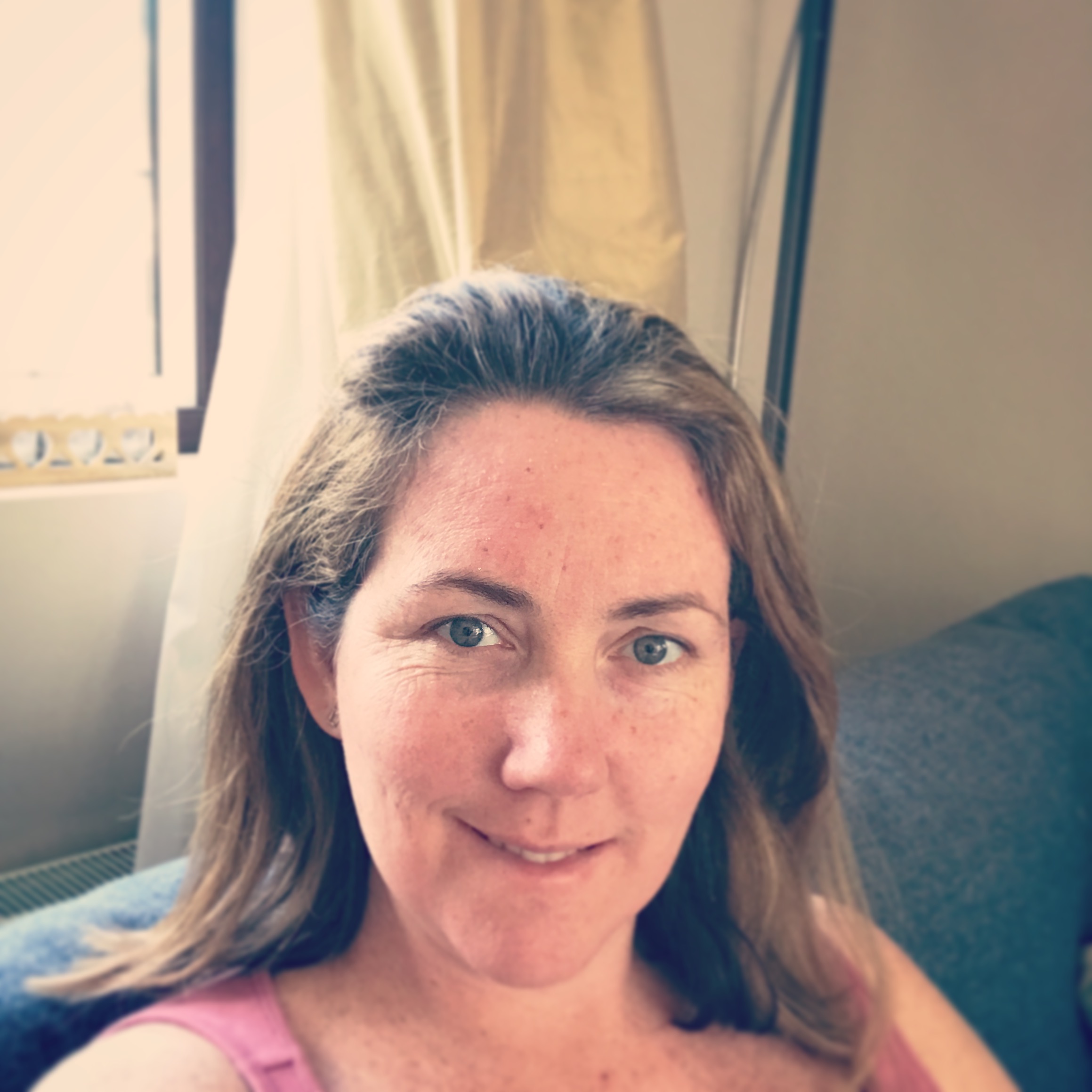Ever since I can remember I have “masked” who I really am to try and “fit in” and be “normal”. Of course, I had no idea until recently that I was #ActuallyAutistic. I just knew that I was “different” and that to be accepted by society, to hold down a job, be a good wife, friend and family member I had to be another version of myself. I had to be me, but not me.
Doing this was exhausting and debilitating. Every day it was a constant struggle to tune out loud noises, crowds, patterns and colours, especially in the workplace. I had no escape from the sensory overload that I had to endure every day and the hell that is the open plan office, but I covered it up, pulled up my big girl pants and just “got on with it” because “that’s the way life is”. I couldn’t have been more wrong, yet I did this all my life.
It wasn’t until I started working from home in my own environment, set up just how I wanted it with plain colours, no patterns and no distractions from annoying co-workers that I realised how much more productive I was with my work. I vowed from that point forward to stay remote/home based, and I could finally take off some of the mask I had been putting on all my life.
What is masking?
Masking is the art of hiding autistic behaviour behind non-autistic behaviour. Those who are autistic will do this relentlessly in order to fit in and interestingly it is something that autistic girls and women will do, often from a very young age, and more so than boys and men with the condition.
Often, masking becomes second nature which makes the diagnosis of women who are on the autistic spectrum very difficult, as sometimes the mask is so well defined that it is very difficult to penetrate it and identify autistic traits and behaviours.
When I received my diagnosis of autism I realised just how much I had been masking the real me, to the point that it had become second nature. I wasn’t sure where the non-autistic and autistic versions of me started and finished. I had to do a lot of complex unravelling of my masks that had penetrated every aspect of my life to finally be the “real” me – warts and all – neurodiverse and proud.
The #TakeTheMaskOff Campaign
While researching the concept of masking online recently I came across a social media campaign called #TakeTheMaskOff. This campaign goes over several weeks and is underway now, and it focuses on raising awareness of masking, especially amongst women who are neurodiverse and autistic. During the last week of the campaign women will be encouraged to come forward, share their stories and share whether the campaign has helped them to “take off” some of their masks.
This week the focus is on “stimming”, and how it relates to masking. Stimming is a repetitive behaviour such as rocking, flapping, packing or finger flicking, but there are also subtler forms of stimming. These include tapping a pen/pencil, biting your nails, twirling your hair or tapping your toes.
When I found out about stimming, I finally understood why I constantly twirl my hair and have strands of it in my fingers. It distracts me from any sensory overload that I might be going through and helps to calm me down, so I don’t have a full-blown meltdown. Occasionally I also repeatedly tap pens when I am writing. I often use these kinds of behaviours as a way of “covering up” how nervous I am or how close to a meltdown I am.
Over the next few weeks the #TakeTheMaskOff campaign will focus on the effect masking has on mental health, burnout and coping strategies. I am going to be taking part in the campaign and sharing as many of my experiences of masking as possible. Through this I hope to raise some awareness of just how debilitating it is to be something else to the outside world to try and “fit in” and be “normal”, and to hopefully remind people to always be kind. You never know just how much your words are impacting on someone, and whether they are #ActuallyAutistic or have other neurodiverse conditions, but masking them, and masking them very well.
To find out more about the #TakeTheMaskOff campaign, search the hashtag on Twitter, Instagram and Facebook or visit http://www.theautisticadvocate.com/2018/06/takethemaskoff.html
If you would like to become a contributor to Me.Decoded, please get in touch


